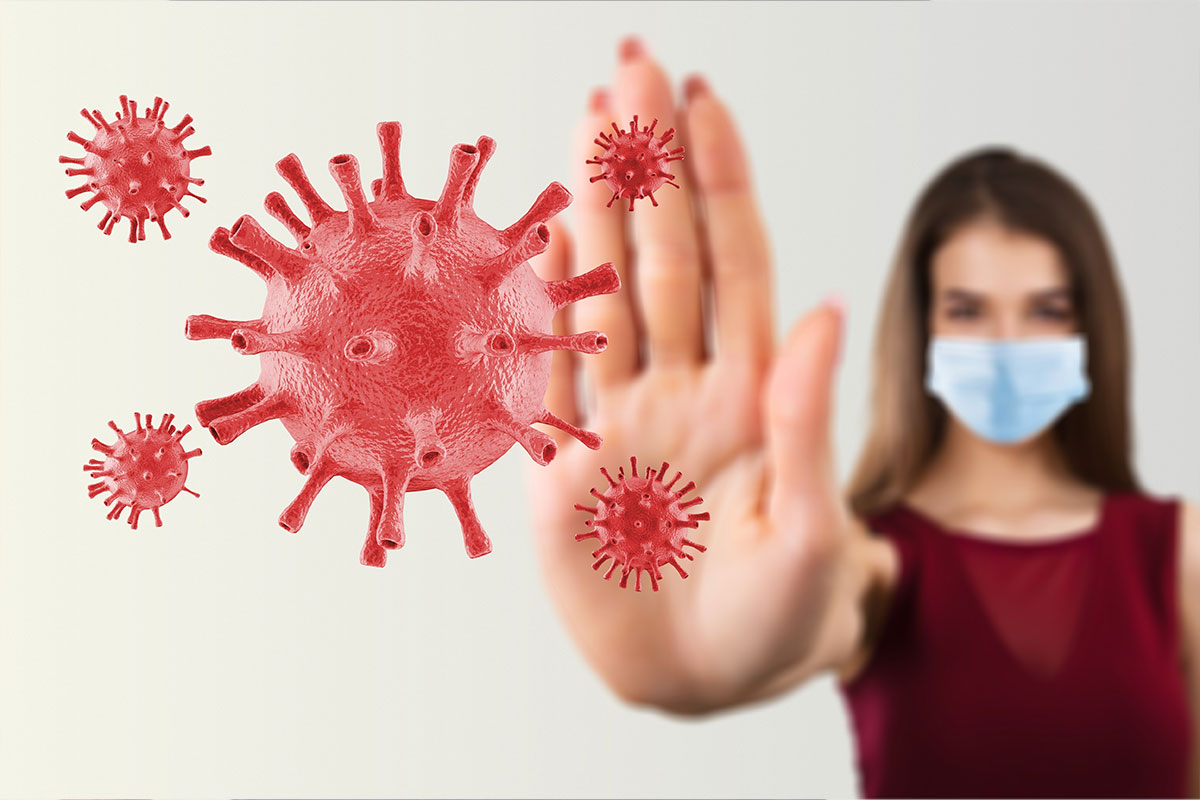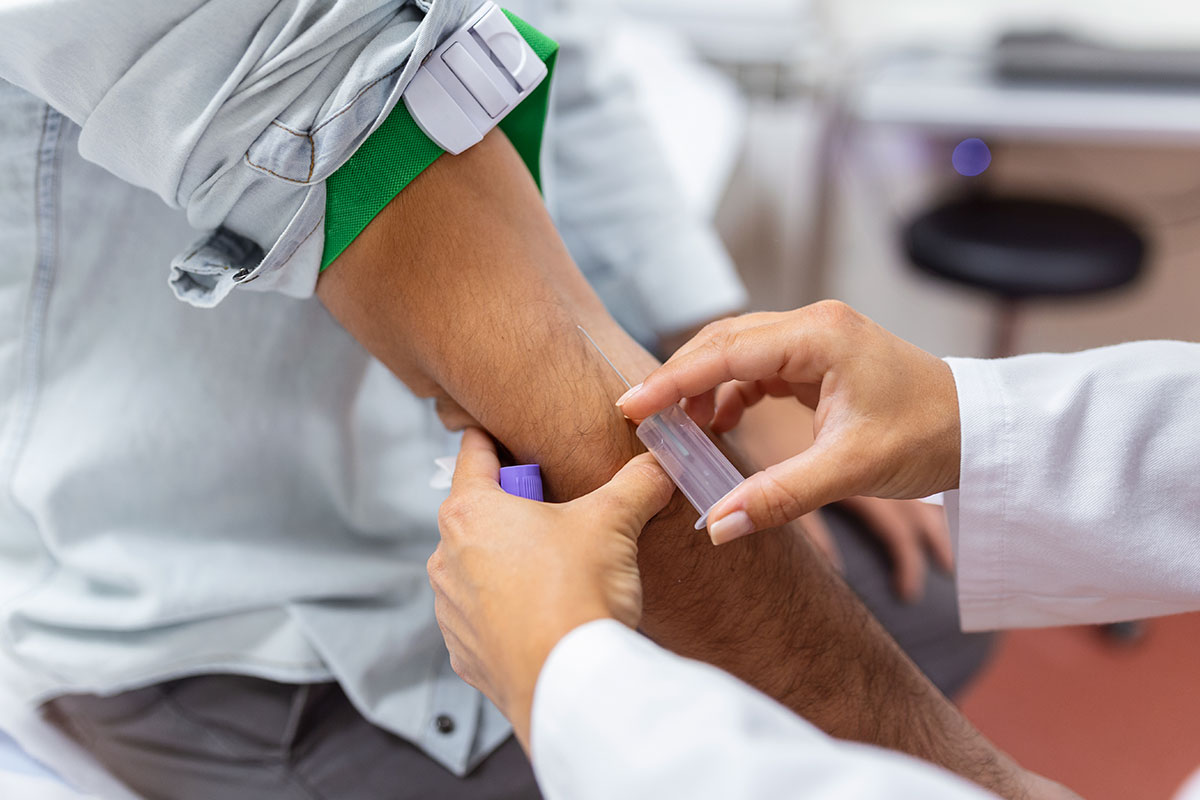
Nipah Virus: All you need to know about it
By Dr. Sonia Lal Gupta in Internal Medicine
May 22, 2018
By, Dr. Sonia Lal Gupta, MD, AB (USA) Consultant – Neurology, Metro Hospitals & Heart Institute
According to WHO, Nipah Virus infection is the newly emerging Zoonosis, which is a transferable disease getting transmitted from animals to humans. Through various researches it has been found that the virus belongs to a new genus named as Henipavirus (subfamily Paramyxovirinae). The infection can cause severe diseases to both the animals and human beings.
Fruit bats (also known as megabats) of Pteropodidade Family, Pteropus genus are the natural host of the virus as the virus is present in their body fluid such as saliva and urine. The epidemic of the disease was initially reported in the year 1998 in Kampung Sungai Nipah, Malaysia. Pigs were found to be the intermediate hosts for the spread of this deadly virus infection. Again in the year 2004, in Bangladesh humans were infected with the Nipah Virus after eating the date palm sap which was contaminated by infected fruit bats.
Now in India, the concern has increased as the death toll is on rise in Kerala due to the spread of the Nipah Virus. Nipah Virus has high fatality rate. After the death of ten people in Kerala because of this infection, all the government and private hospitals are on high alert to observe the disease and its spread. Nipah Virus has high mortality rate and at present it is geographically limitedto Kerala.
The transmission of Nipah Virus occurs through the direct contact with the infected pigs, bats or other people infected with the virus. Hence there are very rare cases of the transmission of infection from human to human.
Symptoms of Nipah Virus:
The symptoms of Nipah Virus are very much similar to that of influenza such as fever, muscle pain and certain respiratory problems. Inflammation or swelling in the brain can lead to disorientation. In certain cases Nipah Virus can lead to Encephalitis. There are times when people have an asymptomatic infection which can act as a carrier of Nipah virus without showing any symptom of the disease.
The virus can lead to multiple abnormalities, including various small asymmetric focal lesions in the sub cortical region. It can also lead to the deep white matter without surrounding edema.
In some cases, the symptoms of Nipah Virus include pain in the stomach, choking, vomiting and blurred vision. There are high chances for a patient to get into coma a few days after the symptoms begin.
Preventive Measures:
The best way to avoid getting infected from this deadly virus is to avoid drinking toddy brewed in open containers near palm trees (generally found in coastal regions). It is very important for a healthy person to maintain a distance from the infected person. Washing hands properly and sanitizing them regularly will be helpful in keeping the infection at bay. Maintain hygiene in your surroundings by cleaning your clothes, utensils and bathroom items such as buckets and mugs separately.
It is very important and mandatory to cover up your face properly while carrying the dead body of the person who has died because of Nipah Virus. Friends and relatives of the deceased person should try and avoid hugging and kissing of the dead person. One should take utmost care while bathing the dead body.
How do doctors diagnose Nipah?
Doctors perform certain tests to detect the presence of Nipah Virus such as:
- Serology- blood tests to see the antibodies
- Histopathology- microscopic study of tissues
- PCR- Polymerase Chain Reaction technique to look for viral DNA
- Virus isolation
Confirmatory tests include:
- Serum Neutralization Test
- ELISA
- RT-PCR
Nipah Virus is classified as a biosecurity level (BSL) 4 agent and the tests needs to be carried out in the special labs to prevent its spread.
Are there any vaccines for Nipah Virus?
Presently there are no vaccines available for this virus for both human and animals. People who have been infected with this virus need intensive care. Infected people need to be hospitalized and isolated. Special care is required for the prevention of human-to-human transmission. The prevention of the infection can be done by not consuming fruits which have fallen off from the trees and not drinking sap of raw date palms







